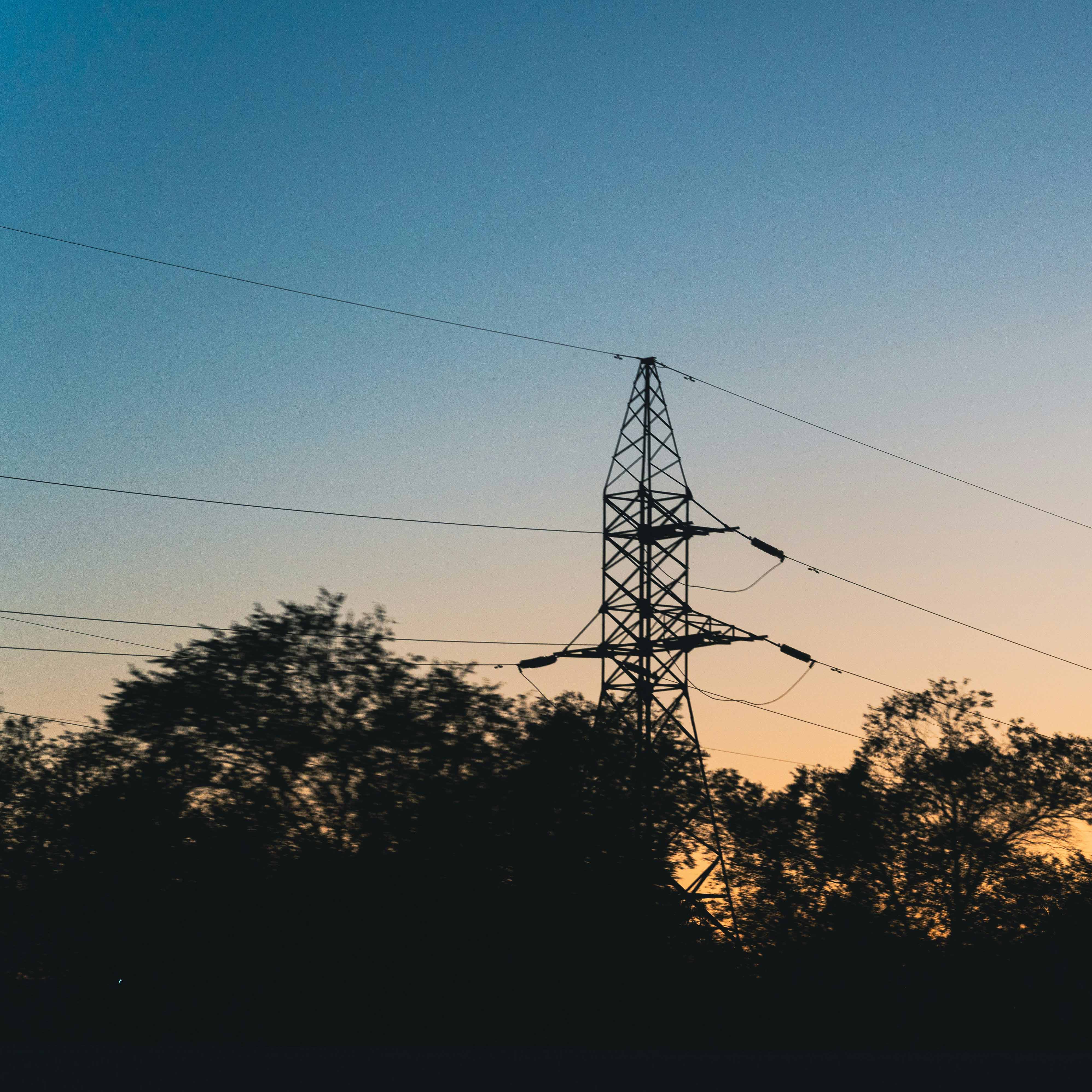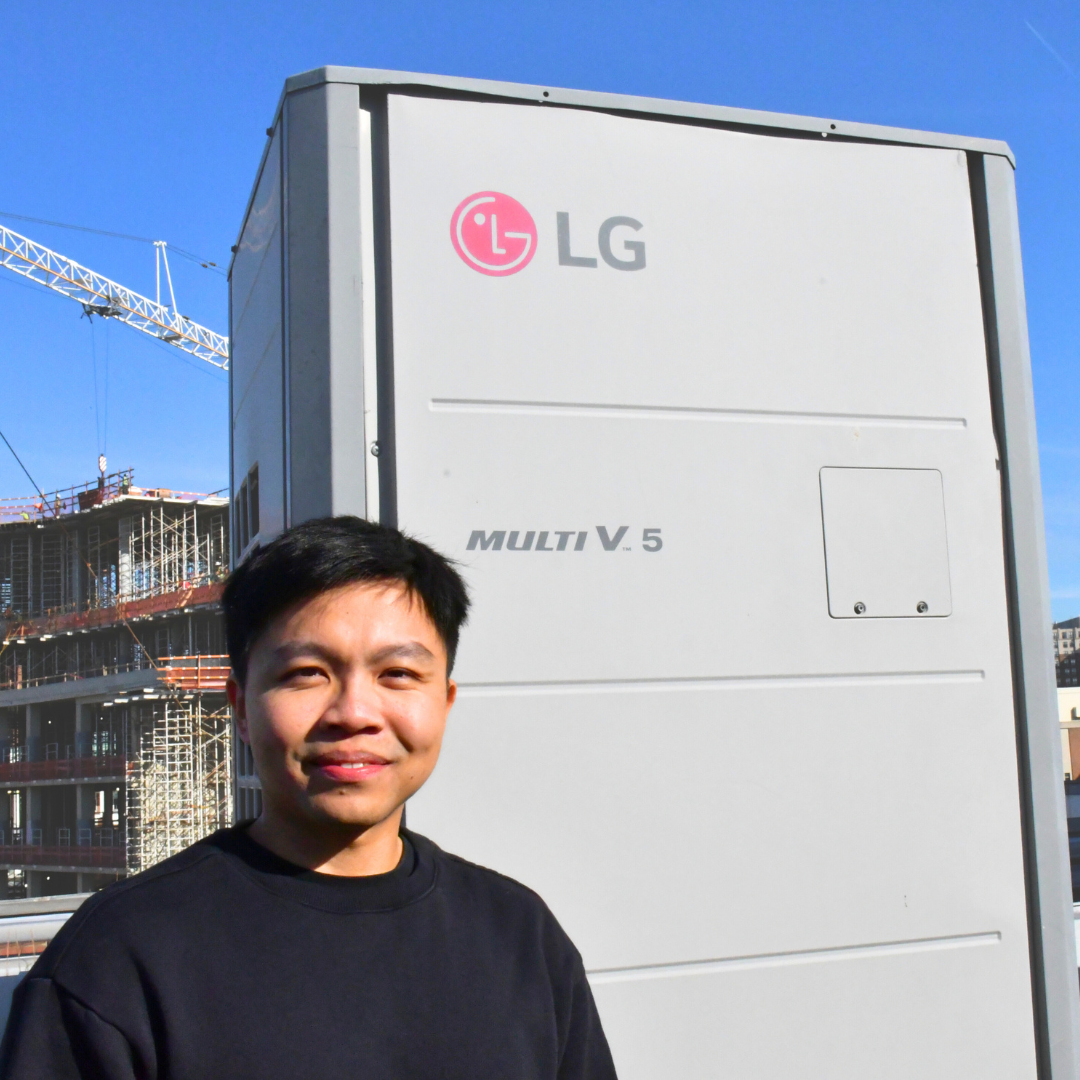News Story
$100K ACC Clean Energy Challenge Announces Elite Eight Plus Two
COLLEGE PARK, Md. — The $100K ACC Clean Energy Challenge, a business plan competition supported by the Department of Energy's (DOE) Office of Energy Efficiency and Renewable Energy (EERE) encouraging students from universities in the southeastern United States to develop business plans for new clean energy companies, today announces its Elite Eight Plus Two, with nine winners from ACC schools and one winner from the at-large, non-ACC pool of entrants.
The Elite Eight Plus Two will first compete to advance to the Final Four and then for a $100,000 grand prize at the $100K ACC Clean Energy Challenge Finals, held at the University of Maryland on March 26, 2014. The $100,000 winner will move on to compete in the DOE National Clean Energy Business Plan Finals in Washington, D.C., in summer 2014.
The ACC Elite Eight Plus Two, and the technologies they are developing, include:
- Clemson University: Brewcovery
Developing bio-separation and bio-digestion processes to create products such as bio-lipids for biofuel production, organic nitrogen and phosphorus rich soil amendments, and high protein animal feeds from bio-based food industry and brewery waste. - Clemson University: Charging Lane
Developing a wireless system that can charge electric cars stopped at red lights or moving at low speeds through intersections, reducing the dependence on stationary charging stations. - Duke University: 501Carbon
Developing a social marketing platform called "The Climate Golden Rule," where businesses can reward renewable energy investors with rebates, discounts and price deductions on products and services. - Georgia Institute of Technology: Energy Internet
Developing a new approach and solution to the power grid with a decentralized, autonomous, Internet-like control architecture and a learning control software system, based on the emerging concept of "prosumers," who produce, consumer or store energy as needed. - North Carolina State University: GreenT
Developing a cost-effective wind-thermal system for homes and small businesses, in regions with both substantial winter heat demands and with high wind power during those months, that is light and manageable enough for homeowners to install and manage. - University of Alabama: e-Electricity
Developing a patent-pending Lithium Ion Smart Battery Management System that could increase battery energy utilization by 15 percent compared to current hybrid and electric vehicles. - University of Maryland: MANTA
Developing a technique to manufacture renewable crude oil below current market prices. - University of Maryland: Mulciber Stoves
Developing a high-efficiency (93 percent), low-emissions wood stove that dramatically improves customer ease-of-use through a smart controller technology. - University of Miami: Optimum Cooling Solutions (OCS)
Developing optimized control strategies for chiller plant operations with customized tools and training. - Virginia Tech: EnVIV
Developing a new hydropower technology based on Vortex-Induced Vibration (VIV) to harvest energy from low-flow-rate water, such as those found in irrigation canals, rivers and streams worldwide.
As part of the Obama Administration's efforts to support and empower the next generation of American clean energy entrepreneurs, the Department of Energy awarded $360,000 in 2011 for the ACC Clean Energy Challenge and a total of $2 million to the ACC and five additional regions in the U.S. as part of its inaugural nationwide network of student-focused clean energy business plan competitions over the next three years.
Additional regional winners include the Massachusetts Institute of Technology in the Northeast Region; the California Institute of Technology in the Western Region; Rice University in the Western Southwest Region; Chicago-based Clean Energy Trust in the Eastern Midwest Region; and the University of Colorado in the Western Midwest Region.
The University of Maryland's Maryland Technology Enterprise Institute (Mtech) was selected as the principal lead for the Southeast competition.
About the DOE Office of Energy Efficiency and Renewable Energy
The DOE's Office of Energy Efficiency and Renewable Energy invests in clean energy technologies that strengthen the economy, protect the environment, and reduce dependence on foreign oil. Learn more about DOE's efforts to promote a new generation of energy entrepreneurs at: http://www.energy.gov/eere
Published March 12, 2014









